Transforming Healthcare Through Digital Innovation - My MSF Journey in eHealth
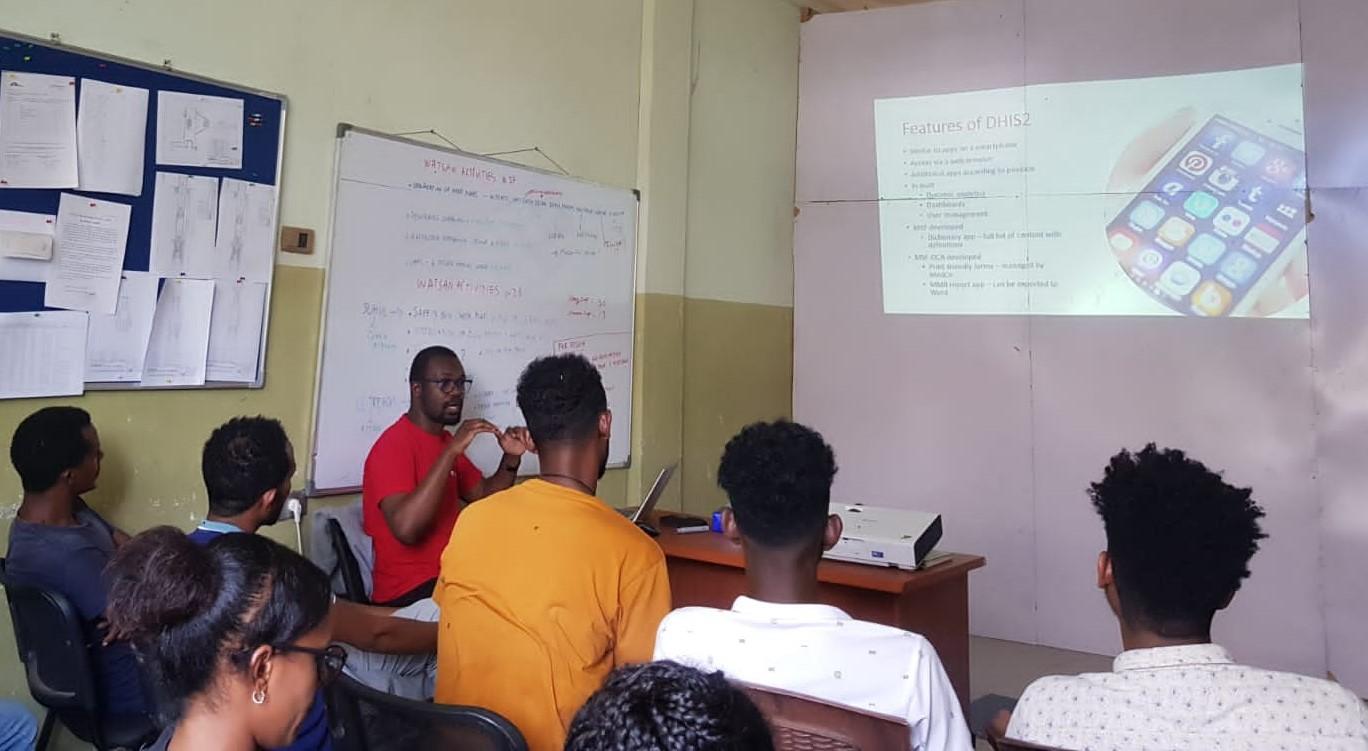
My journey with Médecins Sans Frontières reminds me of the humble beginning that led me to where I am today, serving as a Mobile Implementation Officer in the eHealth team, using technology to improve healthcare delivery in humanitarian settings.
Growing up in Homa Bay, Kenya, in the 1990s, I witnessed MSF supporting the Ministry of Health. Then, it was just an organisation I admired – I had no idea that one day I would be a part of it.
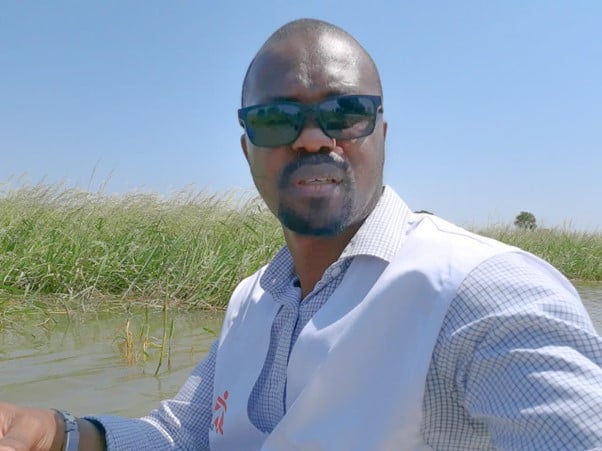
I started in December 2008. As a data encoder in Lankien, South Sudan, I embarked on a crucial yet seemingly basic task: collecting medical data across various departments. This involved entering patient records and epidemiological information into databases for routine activities and emergency responses. Every detail ensured accurate medical reports and allowed MSF to track healthcare trends. I witnessed firsthand the importance of data in informing medical decisions and shaping healthcare interventions. After a year and a half, I was offered a new opportunity – a transition to the coordination office in the capital city Juba as the country Data Manager.
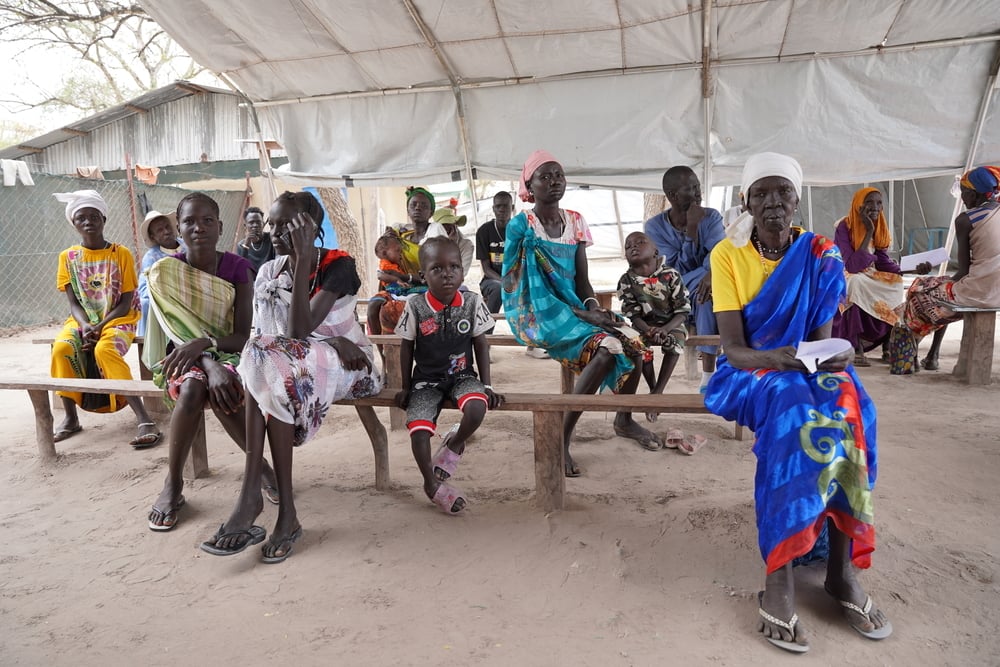
This new role demanded a broader skillset. I became the custodian of the MSF’s medical databases in the country, assisting project teams with data collection tools and ensuring data quality adhered to MSF protocols. Supervising and training field data entry officers and analysing data to identify concerning trends were some of my responsibilities. I participated in operational research surveys, gaining a deeper understanding of the impact data has on improving healthcare outcomes in resource-limited environments.
My next step took me to Afghanistan, a stark contrast to South Sudan. I worked at the busy Boost Hospital in Lashkagar, where I trained newly recruited data entry officers. This experience was invaluable, allowing me to hone my skills and build confidence working in a high-security environment. Here, I trained the team on the use of the Health Information System (HIS), an Excel-based platform that would eventually be replaced by the DHIS2 (District Health Information System 2).
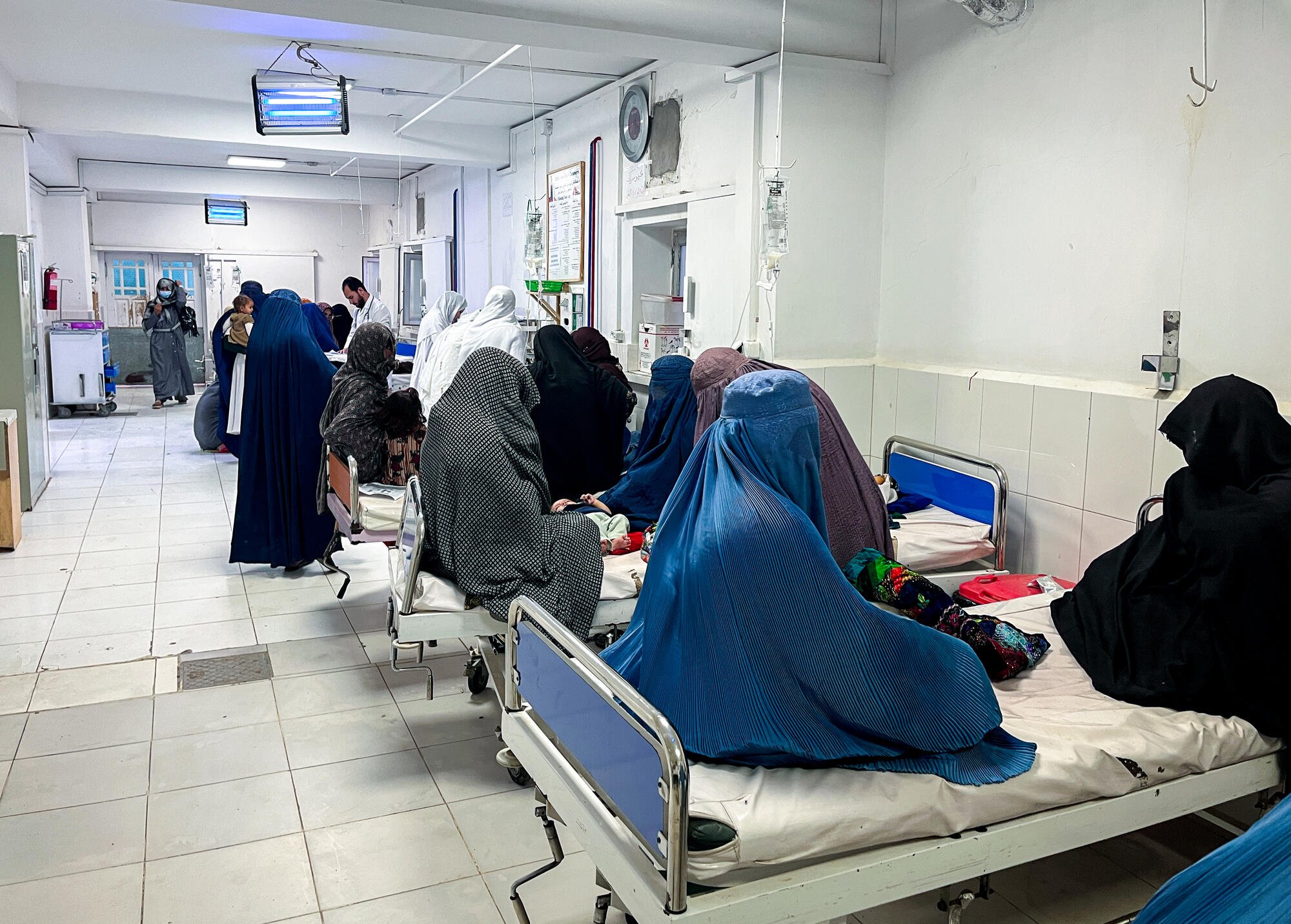
These digital tools streamlined data collection, improved patient care coordination, and ultimately helped to save lives. This ignited a desire to contribute more broadly to MSF's “eHealth” initiatives. Leveraging my experience and knowledge, I transitioned to a role within the Organization’s eHealth team at headquarters.
As a Mobile Implementation Officer, I ensure eHealth solutions are effectively integrated and managed across MSF projects. This includes overseeing the deployment, maintenance, and training on the use of Health Information Systems and Electronic Medical Records (EMR). My current portfolio spans projects in Sudan, Ethiopia, Bangladesh, Somalia, Nigeria, Syria, and others. Apart from on-site deployments, I foster a supportive online community. Our monthly eHealth Online Office Hours provide a platform for users in the field to connect, ask questions, and share challenges, ensuring they receive the support they need to thrive.
Deploying and maintaining eHealth systems in remote locations comes with its own hurdles. One of the most significant challenges is unreliable internet connectivity, a critical requirement for the current system. This necessitates creative solutions and adaptation. Working across various time zones also demands flexibility and a commitment to global collaboration.
Careful planning, strategic considerations, and the ability to adapt to diverse environments are paramount to the success of eHealth initiatives. This involves understanding local contexts, tailoring training approaches, and fostering a culture of collaboration between eHealth specialists and healthcare workers in the field.
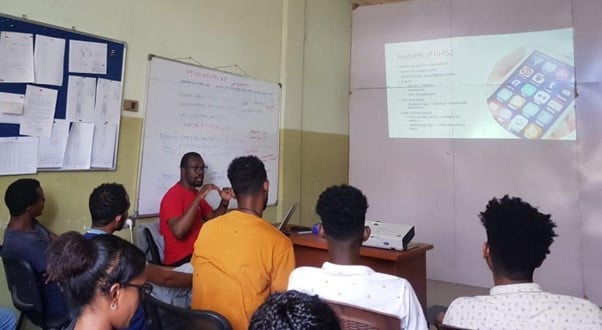
Looking ahead, I envision a future where eHealth empowers MSF to respond more effectively to health emergencies. A robust eHealth system would enable real-time disease outbreak monitoring and efficient healthcare needs assessments, allowing quicker and more targeted interventions. Additionally, I believe in leveraging e-learning platforms and virtual training sessions to empower local healthcare workers with essential medical knowledge and skills. This will not only strengthen healthcare workforces in underserved areas but also promote sustainable healthcare solutions.
It is deeply rewarding to be part of an organization that is committed to providing quality healthcare to those who need it most. As we continue to navigate and adapt to the evolving landscape of healthcare delivery, I am confident that eHealth will play a crucial role in shaping the future of healthcare delivery in humanitarian settings, ensuring that no one is left behind in receiving the care they deserve.
As MSF embraces digital health solutions, data security and patient privacy become paramount.





Leave a Comment